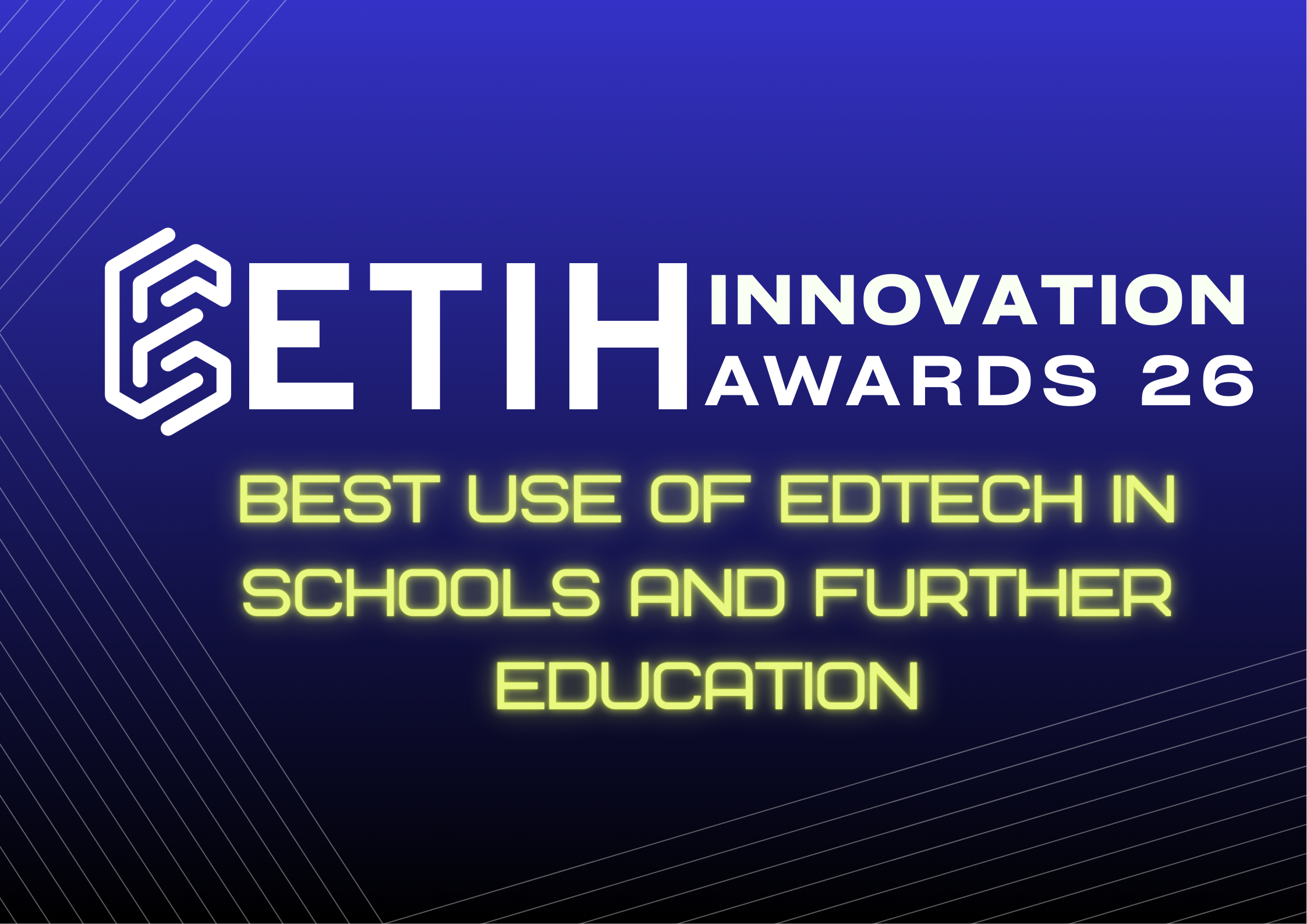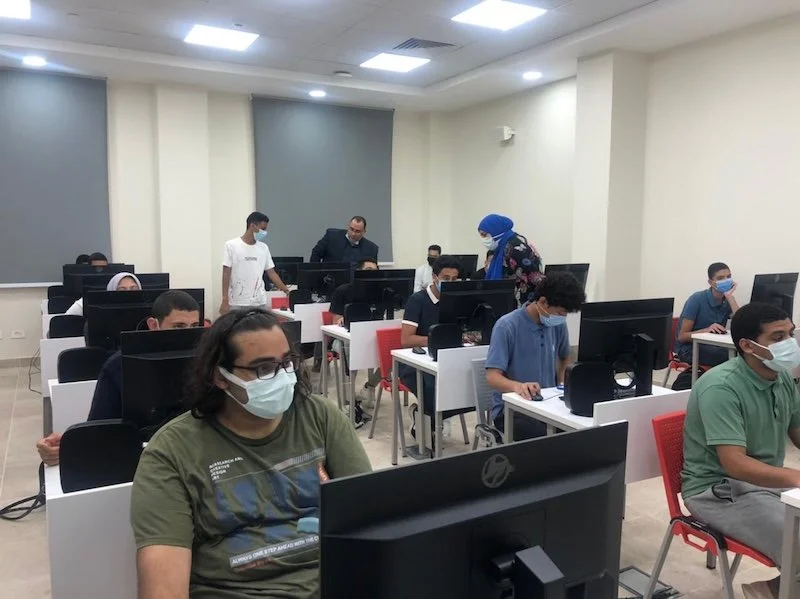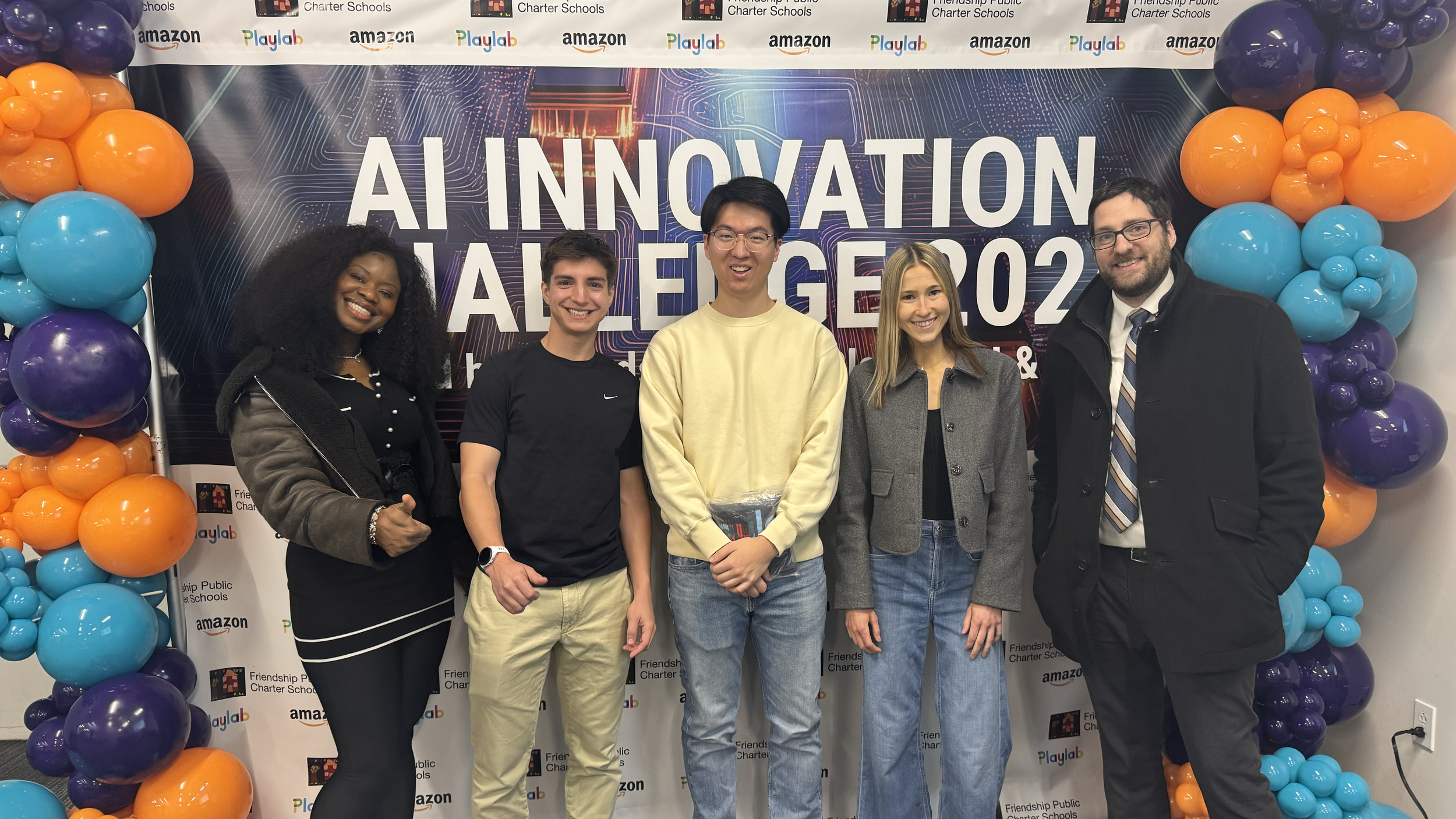Oslo’s education system adopts GPT 3.5-Turbo for 110,000 staff and students
Oslo's educational system is making a significant move by procuring GPT 3.5-Turbo licenses for 110,000 students and staff members, as reported in the Norwegian publication digi.no.
The Norwegian Education Agency has underscored the need for a comprehensive overhaul in these areas, signalling a shift towards integrating advanced artificial intelligence technologies into the educational framework of Norway's capital.
This initiative represents one of the most ambitious efforts to leverage AI in education within the region. The licenses for GPT 3.5-Turbo are part of a volume-based licensing model that emphasises privacy and prohibits the use of this technology for training new AI models. According to Aftenposten, the move is designed to ensure that the educational benefits of AI can be accessed without compromising the privacy and security of the users.
Trond Ingebretsen, Divisional Director at the Swedish Education Agency, highlighted the dilemma faced by the educational sector in light of the widespread availability of advanced technology, "Our challenge has been that virtually all students already have free access via their smartphone. Then we had to ask ourselves: Should we pretend this doesn't exist and start a prohibition line?" Ingebretsen told Aftenposten, advocating for a proactive approach to incorporating AI tools like GPT 3.5-Turbo into the educational paradigm.
Ingebretsen likened the introduction of AI tools in education to historical milestones such as the advent of the textbook, suggesting that this technology could have a similarly profound impact on learning and teaching.
Oslo Schools have prepared specific guidelines to ensure students' ethical usage of GPT 3.5-Turbo. These guidelines emphasise that AI should not replace individual learning efforts but rather augment the educational process.
However, the introduction of GPT 3.5-Turbo has raised concerns about potential inequalities among students. Anne Kristin Furuset from the Education Association pointed out the risk of a class divide emerging, with some students having paid access to the more advanced GPT-4, whereas the municipality provides GPT 3.5-Turbo. Furuset believes this disparity could affect the uniformity of educational opportunities available to students.









